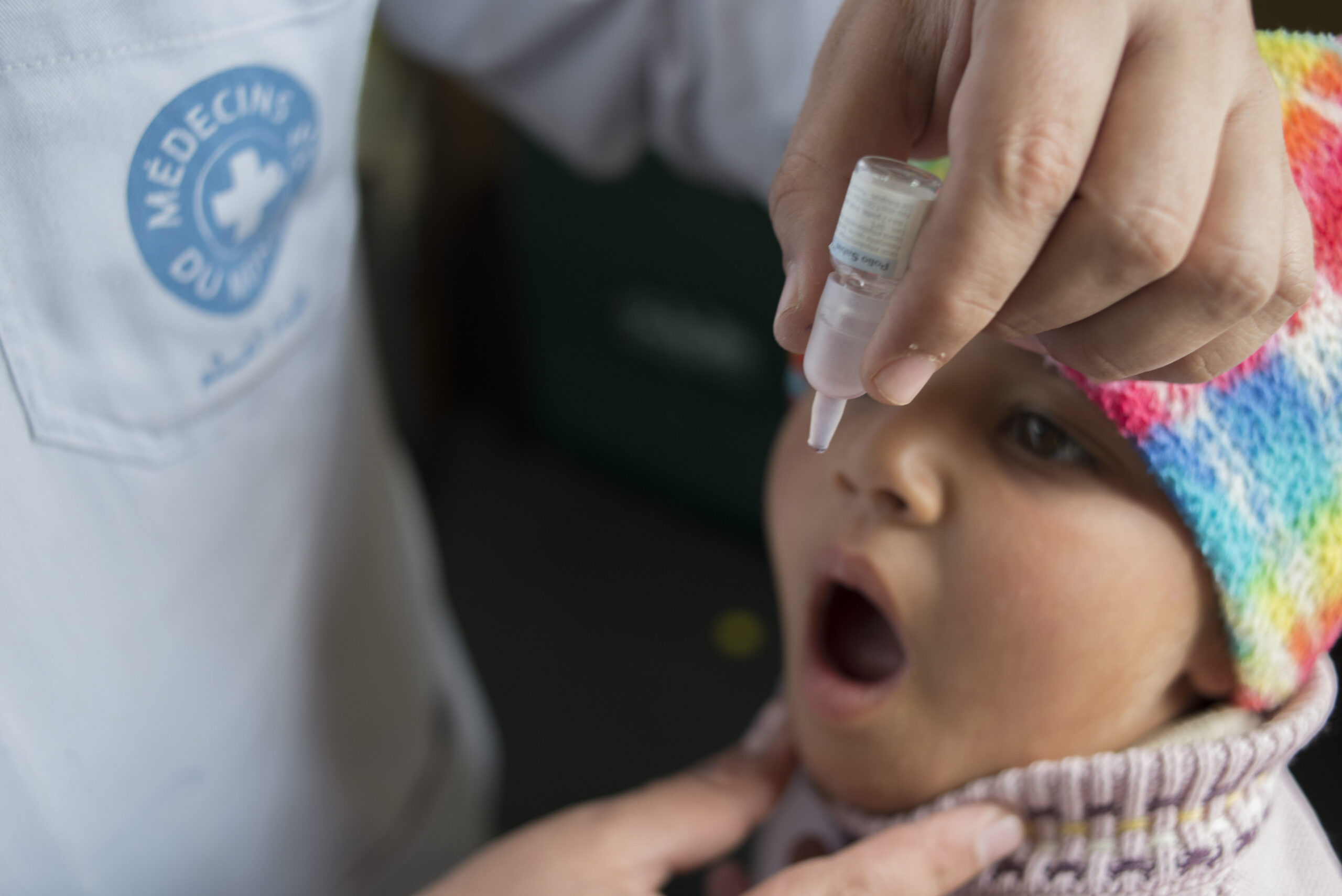Much work is needed in the area of public health services to meet the health needs of refugees and to ensure the integration of those needs and the related public health initiatives into an overall public health strategy, especially those that are not well-defined in original service delivery packages but constitute integral components of refugees’ health care needs, e.g. Mental Health and Psychosocial Support, especially for those with disabilities.
Many Arab countries have adopted global resolutions that are relevant to the health rights of refugees, internally displaced persons and asylum-seekers. However, access to health care and health-care rights are governed by national legislation. To address this, Arab Ministers of Health Council at their March 2016 session, requested UNHCR to develop an Arab Strategy on Access to Public Health Services in Asylum and Displacement Contexts in the Arab region.
The strategy aims at responding to the needs of refugees, displaced persons and asylum-seekers for health promotion, disease prevention, health care and support for national health systems to ensure that the health needs of refugees and host communities can be met, and adopting the universal health coverage (UHC) paradigm in alignment with the SDGs, to reduce morbidity and premature mortality. The strategy also helps to enable, support and improve access and availability to quality national primary health care services including emergency services, referrals to secondary and tertiary care and inter-related sectors while ensuring mainstreaming and integration.
The strategy had been adopted by Arab Health Ministers’ Council, at its Ordinary Session (52), Resolution (04) Geneva, 19-20 May 2019. The Plan of Action had been also adopted by Arab Health Ministers’ Council, at its Ordinary Session (54), Resolution (06), 15 March 2021.
Read more:

